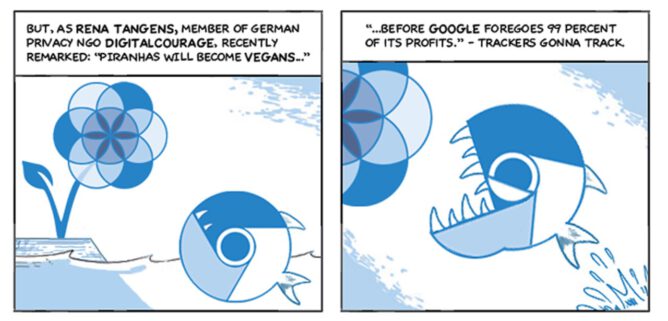Looking forward to playing with this update, had fun with it a few (7 gulp) years ago. via waxy.
some long-needed updates to Videogrep

some long-needed updates to Videogrep
Looking forward to playing with this update, had fun with it a few (7 gulp) years ago. via waxy.
Watch exceldictionary's Newest TikTok Videos
I don’t really pay attention to tiktok, but this is something I would not have expected. via John Naughton’s Memex
The IndieWeb is attempting to remove these barriers, many of them complicated, but not insurmountable, technical ones, so that we can have a healthier set of direct interactions with one another
This is a lovely essay on the IndieWeb. Too many quotable sentences:
Venture capital backed corporate social media has cleverly inserted themselves between us and our interactions with each other.
Due to mounting pressure, Google announced it will eventually block third-party tracking in its Chrome browser. Sounds good, right? And it is, until you hear that their proposed alternative is to have Chrome itself track people on every site they visit… unless the sites ask them not to
In Pome today:
At the Aesthetics Meeting
We invented shape after shape,
color moving to and fro;
then outside where the plain world lives
it began to snow.William Stafford (1962)
Which took me via Wikipedia, to the dimly remembered Traveling through the Dark, some Tai Chi to land on Stone, paper, scissors.
All resonated for different reasons.
Embarrassing word swaps, grammatical errors and other typos?
 Someone has archived the Art Bits from HyperCard
Someone has archived the Art Bits from HyperCard
This stack is fantastic for showing off just how much Apple could do with two colors.
Slowly, painfully, torturously, methodically—I’ve clipped out over 700 of these ******* things and stuck them on this page at their original size for your use and enjoyment. The entire thing is less than 300kb, after all the PNGs are optimized.
Made with Dance Jim Dance
What indeed. I like to see silly things I’ve made used.

In Contra Chrome, Leah carefully charts this road and its terrain in a funny and easily accessible way. In webcomic form, she documents how over the last decade, Google’s browser has become a threat to user privacy and the democratic process itself.
Contra Chrome is a pretty amazing pice of work from any angle.
The fair use of Scott McCloud‘s Google-commissioned Chrome comic from 2008 is a nice touch.
Thanks to the mistrust of big tech, the creation of better tools for developers, and the weird and wonderful creativity of ordinary people, we’re seeing an incredibly unlikely comeback: the web is thriving again. -------------------------------------------------------------------------------- If you had to pick the unexpected breakout consumer tech hit of 2022, you could make a pretty strong case for Wordle. In a matter of weeks, the popular word game went from obscurity to ubiquity, grabbing